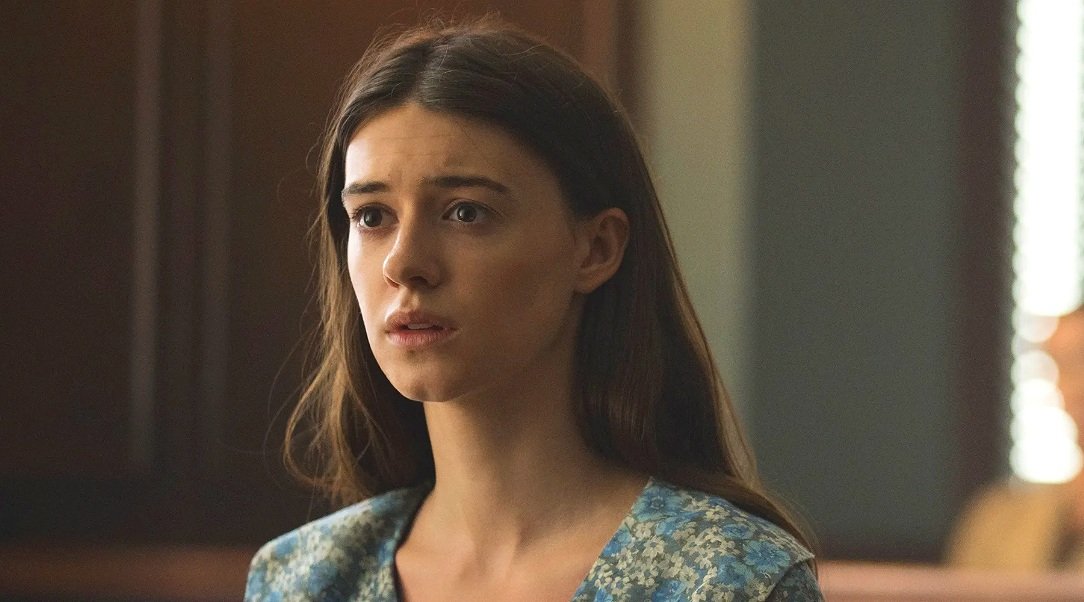Review: dirty deeds Where the Crawdads Sing
Where the Crawdads Sing, co-produced by Reese Witherspoon and based upon the bestselling novel by Delia Owens, is an absorbing, juicy drama about gorgeous, virile young naturalists bumping their boats, bodies and traumatic pasts against one another in the picturesque marshlands of 1969 North Carolina. It’s also part of a strange new tradition in movies about women and/or queer people exacting revenge on abusive men — a tradition that started before yet appears to have gained traction since the Harvey Weinstein case and #MeToo movement.
Before I go further, I’d like to say that I unequivocally support people who have survived sexual assault, and consider efforts like the Time’s Up initiative to be invaluable steps towards repairing inequities in film and all other industries. It is only fitting — and long overdue — that Hollywood rise to this occasion and tell stories of abuse, specifically from women’s points of view.
This does not, however, I feel, justify framing a broader cultural movement through a lens of murderous retribution. Yet this is precisely what we’ve seen happen in some of the most acclaimed movies of the past four years: we saw it in The Power of the Dog (‘21), for which Jane Campion became the third woman ever to win the Oscar for direction… it popped up the year before in Promising Young Woman (‘20, dir. Emerald Fennell), which also included scenes of Carey Mulligan’s avenging dropout drugging another woman character and then leading that woman to believe that a man has raped her… and in Hustlers (‘19), perhaps the most ethically conscious of these films, where a group of former strippers scam rich men for hundreds of thousands of dollars in the wake of the 2008 financial crisis.
Somehow, the most persistent voice in this rather incongruously zippy chorus of second wave psychopathy is Ms. Witherspoon, who has, in the last decade, established a highly profitable career as producer on projects like Gone Girl (‘14 — murder as revenge for a disappointing marriage), Big Little Lies (‘17-’19 — murder as a ladies’ group night activity), and now, Crawdads. Each of these stories favors women protagonists who commit and conceal murders, treating their acts of violence as either necessary or understandable gestures of self-preservation. In truth, all these stories do is echo the values of imperialist society, which states that if someone stands in your way, eliminate them.
It may sound trite to compare the murder that happens in Where the Crawdads Sing to, say, the Crusades — but both instances of violence are borne out of a common human impulse: to control that which is beyond control. To preserve a stake in that which is considered precious, at the expense of competing interests. Yes, Kya (played with simpering luminosity by Daisy Edgar-Jones) does feel she’s being stalked by Chase (Harris Dickinson), who has previously sexually assaulted her, and she wants to continue living alone in her beloved marshland without any fear of being attacked.
She is justified in endeavoring to locate peace for herself, but it is this critic’s firm belief that neither she nor any other person is ever justified in the deliberate, conscious taking of another person’s life. To suggest otherwise is reckless and morally reprehensible.
Any question of “excusable” premeditated homicide is rendered all the more urgent by Ms. Owen’s personal history, which has received increased scrutiny in the wake of this movie’s release. Regardless of everything, though, Where the Crawdads Sing makes for a mild yet consistently appealing murder-mystery-regional-romance. It is only in the final five minutes that an aged Tate (played for most of the movie’s runtime with dreamy sensitivity by Taylor John Smith), Kya’s eventual hubby, discovers that his now-deceased wife did in fact kill the man she was tried for murdering decades earlier. He tosses the only remaining evidence — a seashell necklace that had belonged to her victim — into the ocean, thereby sparing Kya from any unflattering postmortems.
How cruel, to allow your devoted husband of nearly fifty years to discover a horrific secret about you only after you’d gone. To leave him to sit with that knowledge for his few remaining years, without closure. Someone tell me, please, what is so empowering about that?
